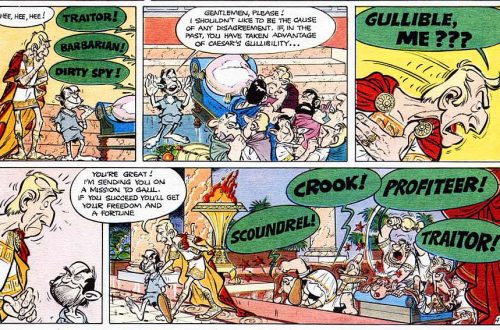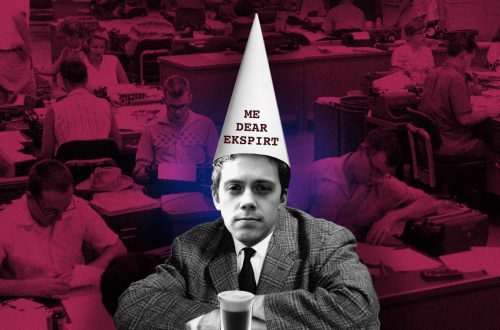From the Guardian: Terror attacks on London on the scale of the Madrid bombings have been thwarted by Britain’s security forces, Metropolitan police chief Sir John Stevens said today.
“Terror attacks on London have been thwarted,” said Sir John. “We are still in a grave area of great threat,” he said in an interview today with BBC London.
Asked if there could have been an outrage in London similar to that in Madrid where rush-hour bombings killed nearly 200 people, Sir John replied “Yes. I can’t discuss it because of court proceedings, but yes we have stopped a Madrid.”
I have never liked it when the authorities talk, as Stevens does later in that article, about an attack being “inevitable” because one would like to cling to the idea that the police or the intelligence services will continue to foil the terrorists. I don’t see how fatalism helps.
But at the same time it is not scaremongering, as some critics say, to point out when attacks have been foiled successfully. In fact, it is surely vital that the police report their successes.
I suppose for the police a balance has to be struck between reassurance and the need to keep the public alert.
For politicians it is a much tricker area though.
Any time someone in the government talks about the risk of terrorism they are accused of promoting the ‘politics of fear’. However, while I am not convinced that some politicians wouldn’t be tempted to try and take advantage of genuine concerns amongst the public, there are two more likely explanations for why politicians raise their fears about an attack publicly.
Firstly, the obvious one — there is a real risk and no reason to hide that fact. Secondly, if there was a successful attack, you can be sure that politicians will face scrutiny and criticism regarding their responsibilities. There will be a search for blame and one doesn’t need to be a particularly cynical politician to know that the same media outlets which now talk of ‘scaremongering’ and the ‘politics of fear’ would, in such a scenerio, be among the first to ask why security was so lax or why we weren’t prepared properly.
Politicians being as they are, it is not surprising that some of them want to make sure their public record gives no room for any later accusations of complacency.
The terrorist threat does carry with it the risk of an over-reaction from the government and the state and a curtailing of civil liberties. Liberals obviously need to be alert to the state seeking powers that it has no legitimate right to. This issue will become even more crucial in the aftermath of any terrorist attack when public opinion will be more likely to accept restrictions on liberties.
Which is why it is surely vital that we do talk about these threats publicly and the police do tell us about what they have been able to stop. The biggest danger to basic freedoms would come from a post-attack shock – a big shock if there really had been complacency and the public had to cope with a totally unexpected situation.
In such an atmosphere of panic it would become very difficult to make the crucial judgements about the balances between civil liberties and security.
Rather than promoting fear, being open about the nature of the threat, the attempts that have been stopped and the probability of an attack, could actually help stop an over-reaction if there was an atrocity.


